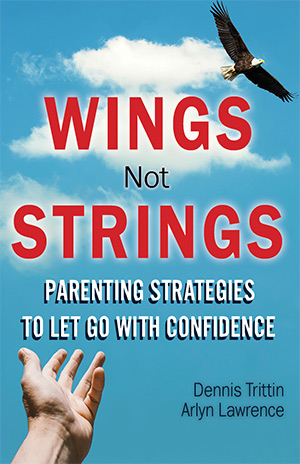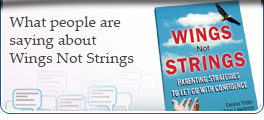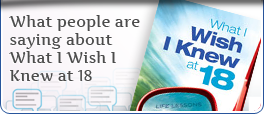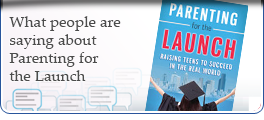Commit to Your Financial Literacy
5/14/2012 7:32:12 AM
“I don’t know about you, but where I went to school, Money Management 101 wasn’t offered. Instead we learned about the War of 1812, which of course is something I use every single day.” ~T. Harv Eker from Secrets of the Millionaire Mind
In all of my years I’ve never taken an Art History course. I have nothing against the subject, per se; I’ve simply focused my learning in other areas. I know I couldn’t possibly appreciate the majesty of the Mona Lisa as deeply as an art history expert. That said, I can honestly say it hasn’t adversely impacted my life.
I wouldn’t advise having the same attitude toward money and finance, though. The fact is, money plays a huge role in all of our lives whether we like it or not. We have to make it, save it, spend it, monitor it, count it, and manage it. We have to save for our homes, our retirement and our education. If we’re wise managers of our money, good things can result. If we’re not, it can be the source of financial ruin, untold stress, and disaster in our relationships. That’s why EVERY school ought to consider a course in personal finance as a graduation requirement!!!
So, what does it mean to be financially literate? Among other things, it means that you understand:
- How to manage your budget (monthly income and expenses)
- How to live within your means and not overspend on “things”
- How you’re spending your money and whether it’s consistent with your priorities and goals
- How to allocate your income to spending, investing, and giving
- The benefits and pitfalls of using credit and how to use it wisely
- How much money you’ll need in retirement to sustain your lifestyle and what financial plan will help you get there (hint: your Social Security income will not be sufficient!)
- How much investment risk you’re comfortable taking and ways to manage it over a lifetime
- The basic workings of our economy, as well as the stock, bond, and real estate markets
- How to intelligently make major purchases like your home and autos, as well buy the insurance you need.
- Safe banking practices and how to avoid identity theft
- How to develop and maintain a good credit rating
Thankfully, you don’t need to learn all of these at once (but you might want to grade yourself on them). The good news is there are classes you can take, as well as many books and websites covering these subjects. Also, there are financial news channels, newspapers, and periodicals that specialize in consumer finance. Take the time to explore what’s out there, and commit to becoming financially literate. There’s simply too much downside risk if you don’t.
How would you rate yourself in terms of financial literacy? Which of the above areas are you knowledgeable about and in which ones are you lacking? How do you plan to become financially savvy? We’d love to hear your thoughts, ideas, and questions. And share this article with the young people in YOUR life!
Tagged as: finances, financial literacy, net worth, debt, wealth, life skills, spending, budgeting, teens, parenting




















Dennis, thanks for your perspective and I totally agree. I would love to learn more about your financial literacy perspective and any trainings you have or recommend. I work with low income teens who desperately need help in this area. Its overwhelming to create my own training and I'm no expert on this.
Reply by Dennis Trittin - 6/3/2012 11:21:58 PM
Thanks for your comments! The good news is that there are many new sources out there that are providing financial literacy programs for young people. There are a few sources I would suggest. Probably the leader of financial literacy programs for schools is the Jumpstart Coalition. Merrill Lynch has also done some good work in this area. My book and student guides also have some great info on finance. Best wishes! Dennis